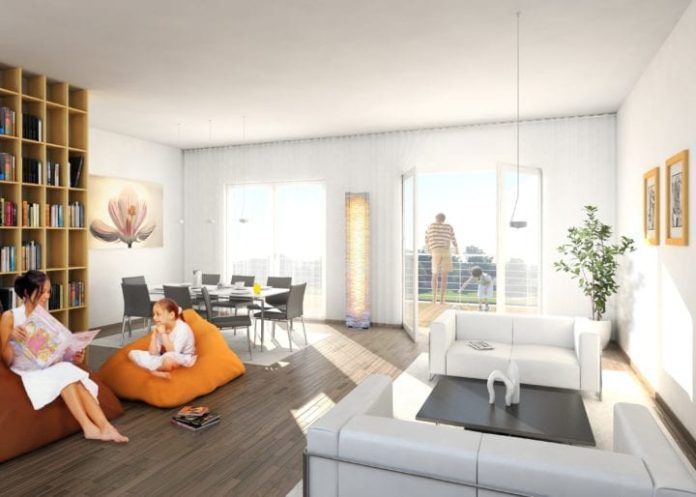As IoT developers get more experienced, more choose a vertical specialization. There, the smart home reigns, and interest for industrial IoT is steady.
According to a survey by VisionMobile among more than 16,500 developers around the globe, “The State of the Developer Nation Q3 2016”, the number of experienced IoT developers is increasing. And a higher degree of experience can be paired with a higher degree of vertical specialization. There, the analyst firm found that the smart home segment was IoT developers’ preferred vertical segment, with as many as 48 percent of surveyed IoT developers targeting that market. This is an increase compared with the second quarter of 2015, where 42 percent of IoT developers stated they targeted the smart home segment. “Smart Home is not just the biggest vertical in terms of developer interest, but also the fastest growing,” said VisionMobile. “Developers don’t create Smart Home solutions because it’s easy, however, they also see this as a time of opportunity – the right time to enter the market.” Indeed the smart home market is starting to mature and, as a result, fragmentation is diminishing. Smart Home offerings by Amazon, Google and Apple are also starting to take shape, opening up new possibilities for IoT developers. “This said, the Smart Home – both as a developer and as a market – is still immature. The killer apps for Smart Home systems are not yet clear, and the market is still dominated by point solutions like connected light bulbs and more recently, DIY security systems,” said VisionMobile.
The wearables market is IoT developers’ second most popular vertical, also increasing compared to the second quarter of 2015, from 28 percent to 29 percent. “IoT developers are interested in Wearables – it remains the second highest ranking vertical market – but they are also apprehensive.” Looking back at some of the latest forecasts released on the wearables market, IoT developers’ apprehension seems quite understandable: the market seems to have lost both its momentum and its direction. One area which is however expected to grow, albeit from a low current level, is enterprise wearables.
Decreasing by three percentage points year-on-year, industrial IoT was targeted by 26 percent of surveyed IoT developers in the second quarter of 2016. “The drop in relative popularity in the past year is, in part, explained by the inflow of inexperienced developers, for whom Industrial IoT is not a good entry point,” said VisionMobile, which also noted that Industrial IoT was making steady progress on the platform front, “without any radical shifts in technology or developer interest”.
IIoT News Recap: France greenlights self-driving car tests on public roads; CCIA urges FCC to keep freeing spectrum for 5G; Majority of rental guests ready to pay more for smart home features

Autonomous driving: France greenlights self-driving car tests on public roads
Carmakers have been given the regulatory greenlight to test autonomous vehicles on public roads in France, Usine Nouvelle (in French) reports. This is the French government’s first step towards a more encompassing new legislation on autonomous vehicles. Some automakers have already tested their autonomous vehicles on French roads using special authorizations.
5G: CCIA urges FCC to keep freeing spectrum for 5G
The Computer & Communications Industry Association (CCIA) has sent a letter to the FCC, encouraging the Commission to continue identifying new high-band spectrum for 5G technologies. “CCIA submitted a letter Thursday urging the FCC to free up spectrum in a currently underutilized band that would promote the development of 5G technologies and maintain the United States’ position as a global leader in mobile,” stated the CCIA.
Smart home: Majority of rental guests ready to pay more for smart home features
A new study by smart lock vendor August has found that 60 percent of short-term rental guests would pay more for a rental including a smart home feature.” In fact, 60 percent of guests indicate they would pay more for a vacation rental with a smart home feature. Further, hosts and guests also believe smart home technology, such as smart locks (Hosts 85 percent; Guests 77 percent) and doorbell cameras (Hosts 85 percent; Guests 74 percent), will be a part of all rentals in the future,” said August.

